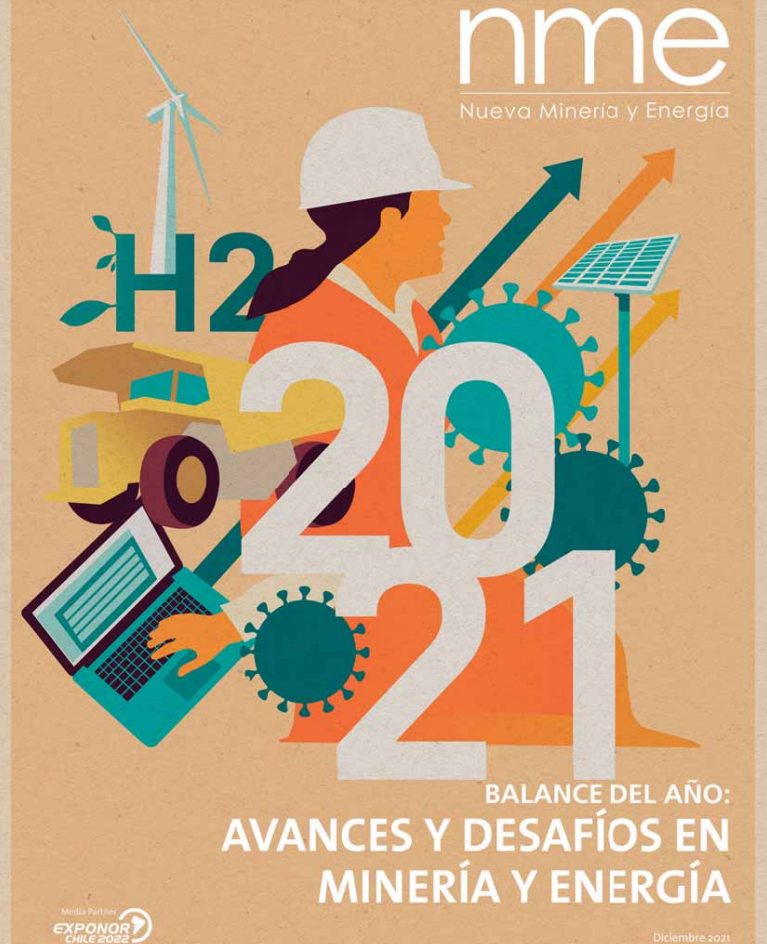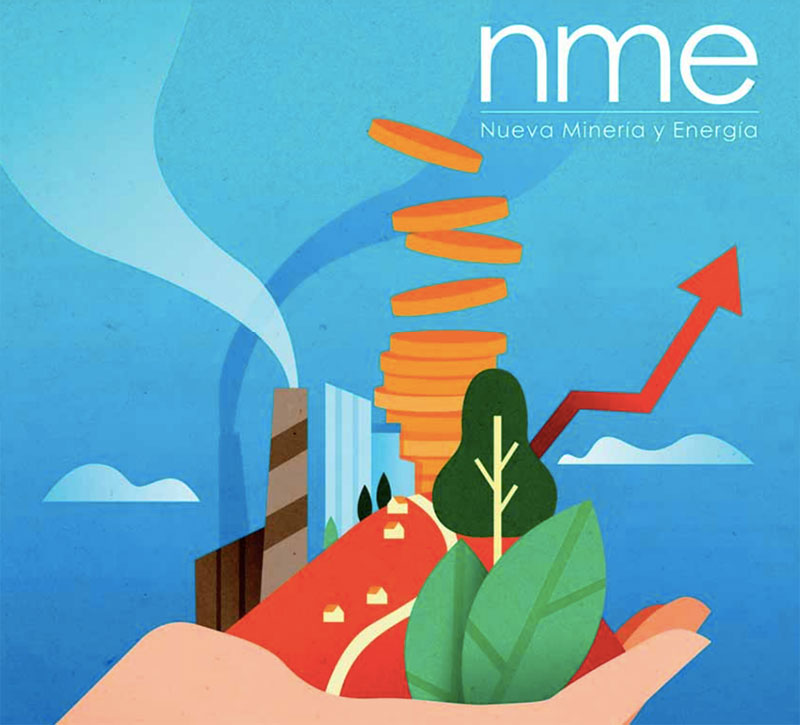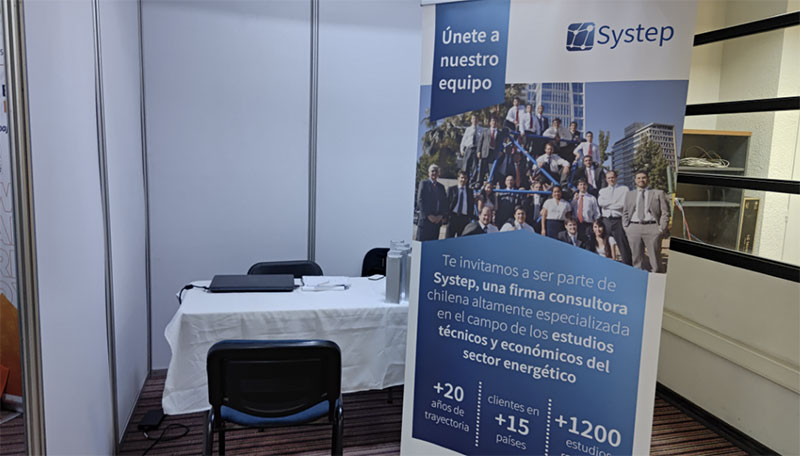
Source: Nueva Minería y Energía Magazine
Our general manager, Rodrigo Jiménez, told Revista Nueva Minería y Energía that decarbonization and distribution reform will be some of the challenges to be faced by the next administration.
Decarbonization
Diego Morata, director of the Andes Geothermal Center of Excellence (Cega), comments that “in Chile, the commitment of several of the presidential candidates to truly decarbonize our energy matrix should give us a glimmer of hope towards a 100% renewable matrix”.
Gary González, economist at Fundación Terram, explains that “the original Voluntary Retirement Plan for Coal-Fired Power Plants included the possibility of using a mechanism called Strategic Reserve Status (ERE), which allows (…) these plants to continue as a backup in a kind of ‘hibernation’. This reason, among others, generates a real blanket of doubt as to whether the 18 committed units will finally be shut down, retired or reconverted by 2025”.
Meanwhile, Rodrígo Jiménez, general manager of Systep, comments that decarbonization, “plus the large number of new renewable projects, has created a social and political environment of pressure to accelerate the process and, specifically, there are currently two bills under discussion: one that prohibits the operation of all coal-fired power plants by 2025 and another bill that goes further, prohibiting all fossil fuel-based generation by 2030”.
Distribution Reform
Systep’s general manager explains that during 2020 the government expressed its intention to make structural changes in the regulation of the distribution sector, focusing on three main aspects: introducing electricity portability, improving the quality of service and promoting distributed generation. “However, the contingency has halted this regulatory discussion and we will have to wait to see what priority the next administration will give it.”
For the executive director of Fundación Energía Para Todos, it is important “to promote distributed generation models in a collective manner, through cooperatives. Although the updating of Law 21,118 allows it, the progress is scarce. The State does not provide tools for the development of projects, nor does it even guide organizations to become electric cooperatives”.
In María Isabel González’s view, this challenge is complemented by the “Electricity Portability Project, which is a worldwide trend, as it would lead to a more symmetrical market, allowing users to negotiate more equitable contractual clauses”.





